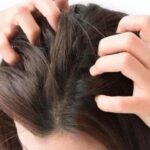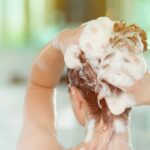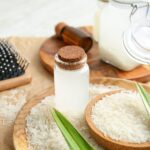How do you know if your scalp is aging faster than it should? Dr. Tran Vinh Dinh, a Chinese dermatologist and hair health expert, guides you on how to self-check your scalp and how to care for your scalp to keep it youthful.
What are the most common scalp issues and their causes?
According to surveys:
– 97% of people face scalp and hair issues.
– 86% notice increased hair fall, thinning, and flat hair, with visible scalp when washing or brushing their hair.
– 59% believe their scalp is aging.
– 48% experience high-stress levels.
– 23% have irregular diets and poor nutrition.
– 21% have been dyeing or perming their hair for years.
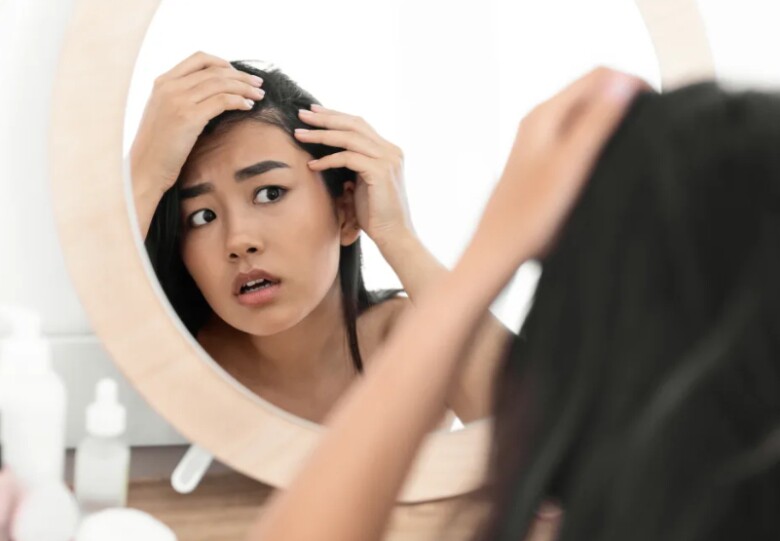
Thin and brittle hair is often a result of an unhealthy scalp. (Illustration)
Weather, stress, and heat styling negatively impact the scalp.
Dr. Tran Vinh Dinh states that modern life exposes the scalp to harsh climatic conditions, increased life stress, and frequent heat styling, leading to oily, itchy, and fragile scalps, and even scalp ailments.
How to check for scalp aging at home?
So, how can one determine if their scalp is aging without visiting a clinic or beauty center? Dr. Tran Vinh Dinh suggests starting with the simplest method: observing your hair and scalp.
– Observe your hair: Notice if your hair becomes thinner, less voluminous, oilier, or if you spot gray hairs.
– Observe your scalp: Check if your scalp feels less elastic and firmer to the touch. You may also experience scalp tightness when tying or styling your hair, along with the appearance of spots on your scalp when exposed to sunlight.
If you relate to any of the above, your scalp may be aging. It’s time to take scalp care seriously.
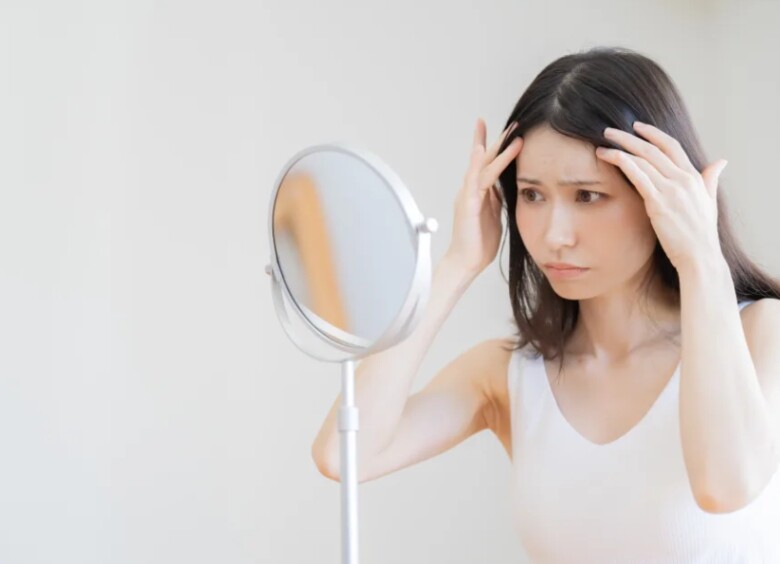
The scalp ages six times faster than the face, so pay attention to self-checking, not just your face. (Illustration)
Dermatologist-recommended scalp care routine
Dr. Tran Vinh Dinh points out that the causes of scalp aging and hair loss are complex. Significant improvement requires addressing multiple factors. To enhance scalp health, one must also adjust their diet and scalp care habits.
1. Manage your diet: Consume more of the following three nutrients to support scalp health.
– Omega-3: It helps reduce inflammation in hair follicles, improves the scalp’s barrier function and protection, and maintains scalp health. In addition to eating salmon, cod, and other foods rich in omega-3, you can also prepare snacks with walnuts and other nuts to supplement omega-3 throughout the day.
– Iron: It aids in hair growth and strength. Include red meat, liver, and other iron-rich foods in your daily diet. Seaweed, a favorite among Koreans, is also a top choice for iron intake, containing 56.2 mg of iron per 100g.
– Zinc: It is beneficial for skin health and can promote hair growth. Eat more shellfish, oysters, red meat, cashews, and other zinc-rich foods in your daily life.
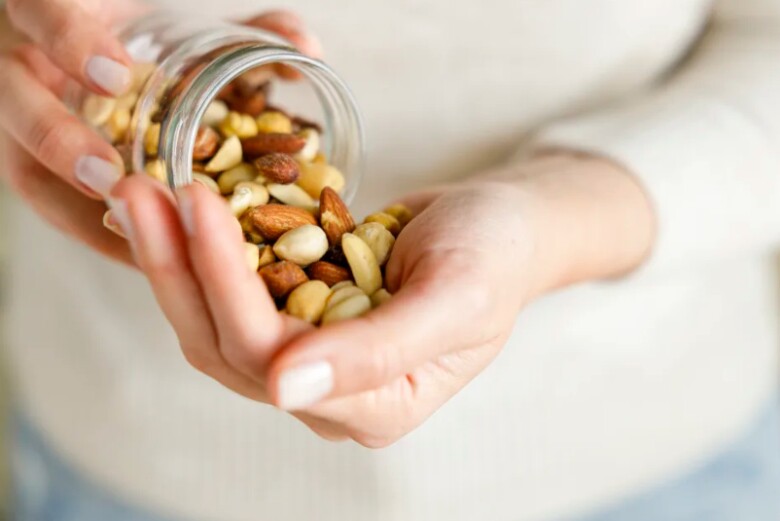
Nuts, rich in omega-3, help nourish the scalp and hair. (Illustration)
2. Scalp care involves both nourishment and protection:
Many wonder: “Why is my hair still falling out even though I’m using hair care products?” Dr. Tran Vinh Dinh reminds us that the focus of hair care should not only be on making hair look good but also on protecting it.
Facing hot and humid weather, chemical stimulation from dyeing, perming, and styling, providing nourishment is not enough. Protection is also crucial. Stressed scalps tend to produce more oil, and oxidized lipids can lead to bacterial growth, causing various discomforts. Only by equipping the scalp with defensive capabilities against external damage can hair care be truly effective and long-lasting. Therefore, in your daily life, avoid washing and blow-drying your hair at high temperatures, and moisturize properly to prevent dryness and itching.
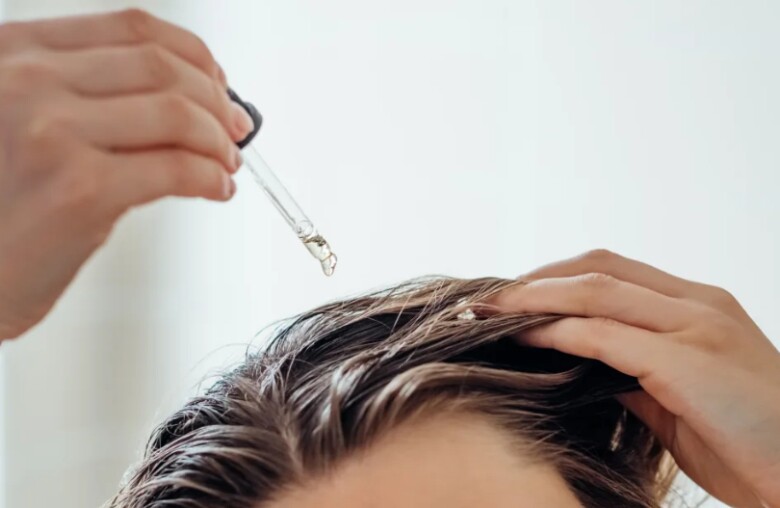
Hair care is not just about making your hair look good; it’s also about protecting it from external factors. (Illustration)



























